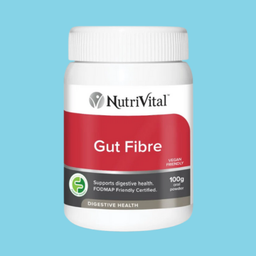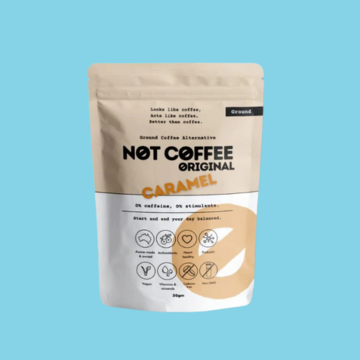Giselle Cooke's integrative approach to improving mental health
Giselle Cooke, medical researcher and holistic health consultant, utilises an integrative approach to managing stress conditions in her clinical practice.
Her advice includes emotional and environmental assessments, diet and lifestyle advice, prescribing relaxation therapies and therapeutic herbs, as well as advising techniques for achieving essential optimum sleep.
A low-stress diet is part of her prescription, which is a highly nutritious, unprocessed diet with a variety of antioxidant-rich organic fruit and vegetables, with clean, low-fat, omega-3 rich protein sources.
Anti-ageing superfoods like maca, spirulina, pomegranate and berries, along with a predominantly organic diet, will optimise the nervous system’s functioning and repair stress-affected tissues. Oily, cold water fish, chia, hemp and flaxseed contain essential fatty acids that help to buffer your nervous system against the impact of stress, relieving chronic anxiety states and reducing fear states and phobias.
Modern living can create inadequate eating patterns, containing easily-available, poor quality and little fresh foods. Over time these neglectful behaviours around food and eating often precede depression states and become aggravated by mental illness. Depression and anxiety inhibit good eating practices and food choices, due to poor appetite, skipping meals, binge eating or inappropriate food cravings.
“Nutritional neuroscience is an emerging discipline shedding light on the fact that nutritional factors are intertwined with human cognition, behaviour, and emotions….Supplements containing amino acids have also been found to reduce symptoms, as they are converted to neurotransmitters which in turn alleviate depression and other mental health problems.”(1)
A comprehensive diet high in an array of B-complex vitamins and cofactors such as choline, the minerals potassium and magnesium, and the amino acids lysine and glutamine, will also help to balance your nervous system and mood and improve your mental wellness.
Consider taking a good stress-busting nutritional multivitamin supplement, which includes the highest levels of B-vitamins, in particular a blend of nicotinamide and nicotinic acid (B3), as well as calcium pantothenate (B5) and pyridoxine hydrochloride (B6) that are required for cortisol metabolism. Biotin assists carbohydrate metabolism, Vitamin C aids adrenal recovery from chronic stress, Vitamin D3 has an effect of reducing depression, while calcium assists getting to sleep at night (add some sour cherry for improved melatonin production).
Reference: Understanding nutrition, depression and mental illnesses, Rao et al. Indian J Psychiatry. 2008 Apr-Jun; 50(2): 77–82
Information presented is for information purposes only and is not intended to replace advice or treatment from qualified healthcare professionals. The information is not intended to treat or diagnose. Always consult your healthcare professional before taking nutritional or herbal supplements. If you are pregnant, breastfeeding, have any allergies or diagnosed conditions, or are taking prescription medications, always consult your healthcare professional before taking nutritional or herbal supplements.







